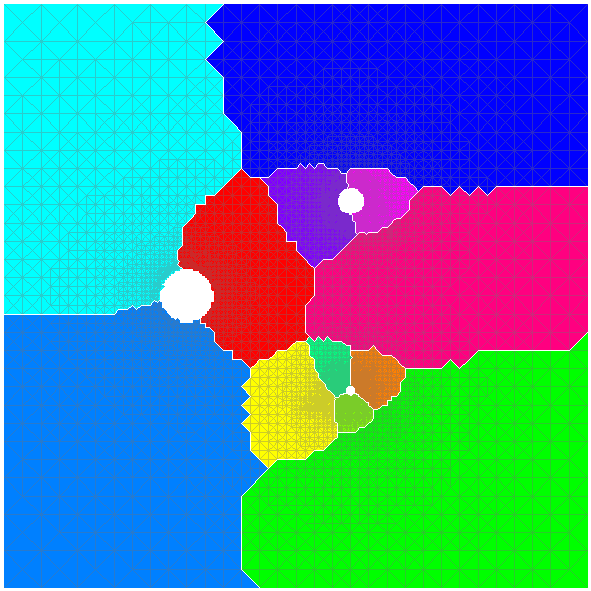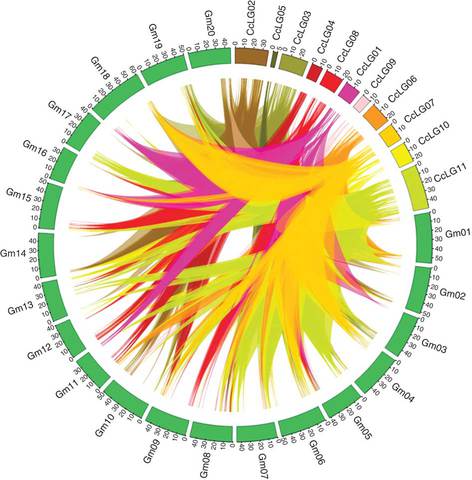Some user on IRC was reading the releases notes in order to plan for a minor upgrade of his 8.3.3 installation, and was puzzled about potential needs for rebuilding GIST indexes. That’s from the 8.3.5 release notes, and from the 8.3.8 notes you see that you need to consider hash indexes on interval columns too. Now the question is, how to find out if any such beasts are in use in your database?


